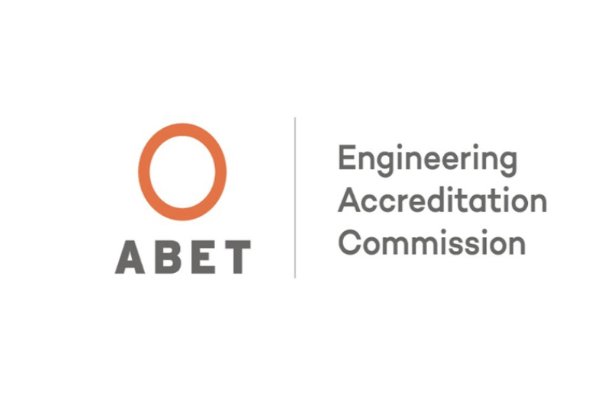B.S. in CHE
B.S. in CHE
Undergraduate Mission Statement
Our chemical engineering undergraduate program is a student-centered program that integrates leading-edge educational methods and technology with engineering practice. We equip our students for a broad range of careers spanning global industries related to chemicals, pharmaceuticals, medicine, consumer products, advanced materials, energy, and environmental sustainability. We also prepare our students to pursue advanced degree studies.
Throughout our curriculum, we provide students with continual active learning experiences to build strong foundational knowledge, develop effective communication and teaming skills, and inspire personal creativity. Students work closely with our faculty and other students through classroom activities, hands-on lab experiments, and out-of-the-classroom Engineering Clinic projects.
Our program aims to develop well-rounded students with a strong understanding of chemical engineering science and design as well as with a holistic mindset that considers the technical, economic, societal, environmental, and sustainability aspects of decision-making in the design and analysis of chemical processes and their products to make a positive impact on our society. Our program is committed to technical excellence, professional responsibility, and lifelong learning.
Our program is accredited by the Accreditation Board for Engineering and Technology (ABET). The Chemical Engineering Program Educational Objectives and associated Student Learning Outcomes of our program are described below.
Program Educational Objective:
Develop engineers who are successfully using their chemical engineering expertise to adapt to the evolving technological challenges of a wide variety of professional fields.Student Outcomes
- an ability to identify, formulate, and solve complex engineering problems by applying principles of engineering, science, and mathematics
- an ability to develop and conduct appropriate experimentation, analyze and interpret data, and use engineering judgment to draw conclusions
Program Educational Objective:
Develop engineers, who within several years of graduation, are functioning independently and collaboratively in providing creative solution strategies to problems for their employer.
Student Outcomes
- an ability to apply engineering design to produce solutions that meet specified needs with consideration of public health, safety, and welfare, as well as global, cultural, social, environmental, and economic factors
- an ability to communicate effectively with a range of audiences
- an ability to function effectively on a team whose members together provide leadership, create a collaborative and inclusive environment, establish goals, plan tasks, and meet objectives
Program Educational Objective:
Develop engineers who engage in professional growth and responsible practice.
Student Outcomes
- an ability to recognize ethical and professional responsibilities in engineering situations and make informed judgments, which must consider the impact of engineering solutions in global, economic, environmental, and societal contexts
- an ability to acquire and apply new knowledge as needed, using appropriate learning strategies.

The Chemical Engineering program is accredited by the Engineering Accreditation Commission of ABET, https://www.abet.org, under the commission’s General Criteria and Program Criteria for Chemical, Biochemical, Biomolecular, and Similarly Named Engineering Programs.
More information about the ABET accreditation process can be found at ABET.org.